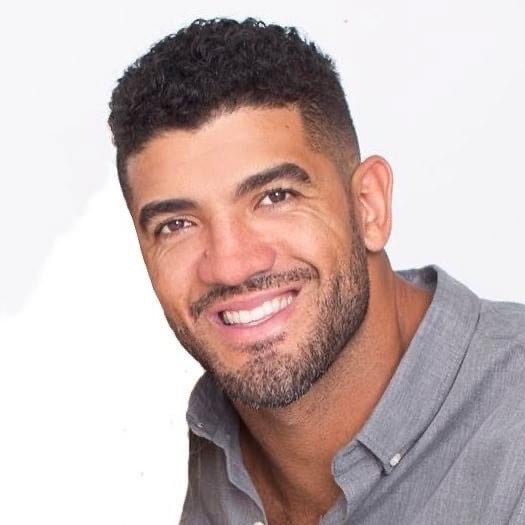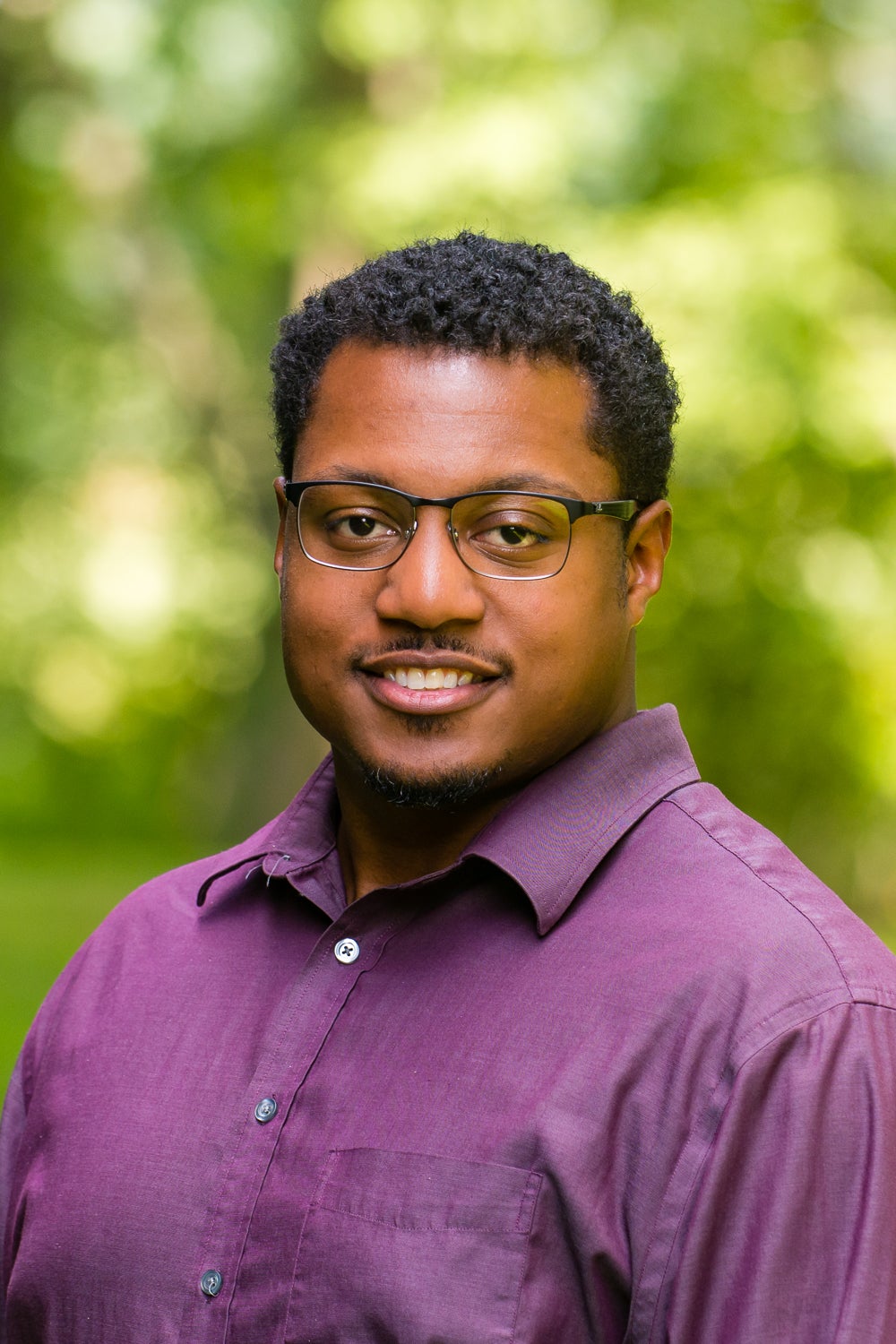KINGSTON, R.I. – Nov. 12, 2020 – How do two reality TV show contestants help contribute to a better understanding of the institutional structures at play that help keep one segment of the population marginalized while advancing the interests of another? For students in a new one-credit course offered by the University of Rhode Island’s Department of Sociology and Anthropology, they share their experience.

The class, Anti-Black Racism and White Supremacy, which is co-taught by sociology professors Alana Bibeau, Melanie Brasher and Christina Zozula, consists of eight modules over the course of the semester. Each module lasts one to two weeks and explores a different facet of the topic, giving students the opportunity to learn about and discuss the meaning of race, the pervasiveness of systematic racism and possibilities for change. Topics range from the science of race; to race and education; to racism and antiracism in the media; as well as issues of race and racism as they relate to aging, health care, and the criminal justice system.
Most recently, the class welcomed Jamal Shipman and Aaron Meredith, recent contestants on the CBS reality TV show juggernaut Survivor: Island of the Idols, to discuss their experiences as the only two Black men in what, to this point, has been one of the show’s most diverse casts.

Professor Brasher, herself a big Survivor fan, said, “Season 39, in particular, brought up a lot of social issues which were played out on camera, which make it specifically relevant to the topics we are discussing as part of the class and a good way to get students interested.”
Though neither Shipman or Meredith had an issue with how they were portrayed on-screen, they talked about how going in to the show they were mindful of racial tropes and how they might play out, not only on camera – but also in the context of the game and how it is played. Shipman and Meredith, who both live in Rhode Island, gave producers credit for how they handled issues of race and gender in Season 39 – a departure from seasons past and something for which reality TV in general has received a great deal of criticism.
Realizing that editors and producers can tell whatever story they want in this environment, Shipman noted a discussion on race he had with another contestant during filming that made it to air though it was inconsequential to the overall storyline. “I think producers saw an opportunity to show this really great conversation on race. And it was powerful that they did, because they saw in what played out the opportunity to tell a more complex story and a more rich story about what it is like to talk about race.”
Meredith discussed previous criticisms of the show and missed opportunities to highlight issues of social injustice, which seemed to change significantly in Season 39. In fact, it may have been just the beginning. Earlier this week CBS announced a new initiative requiring its reality TV show casts to be 50% Black, Indigenous or People of Color for the 21-22 broadcast season.
Shipman and Meredith also discussed what it was like behind the scenes and going through the casting process with the absence of people of color on the other side of the camera or the casting desk and what can be done to move the genre forward.
“There has been positive movement in terms of what they choose to show and highlight,” said Meredith. But in discussing larger, systemic issues he added, “It all starts at the top with the executives, getting more people of color who have been through experiences and can speak up.”
In addition to casting goals, CBS has also committed to putting at least 25% of its development budget toward creators and producers who are Black, Indigenous or People of Color. CBS also has plans for the writers’ room, with a goal of 40% representation and plans to increase that number to 50% in the 2022-23 season.
George Cheeks, president and CEO for the CBS Entertainment Group, recently said in a statement, “The reality TV genre is an area that’s especially underrepresented, and needs to be more inclusive across development, casting, production and all phases of storytelling.”
The class was developed as part of several new additions to the College of Arts and Sciences typical roster of courses, ranging from those on COVID-19 and racial justice, to more practical concerns such as career preparation, as a way to help students explore their interest in current events, no matter where they might find themselves studying.
To view the discussion, or for more information on the course (SOC/APG 140X), visit the Department of Sociology and Anthropology.

